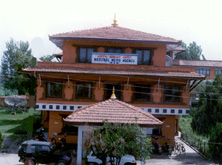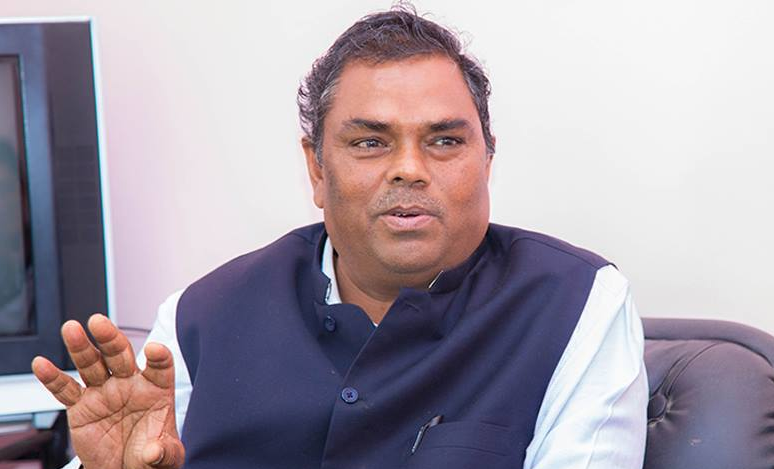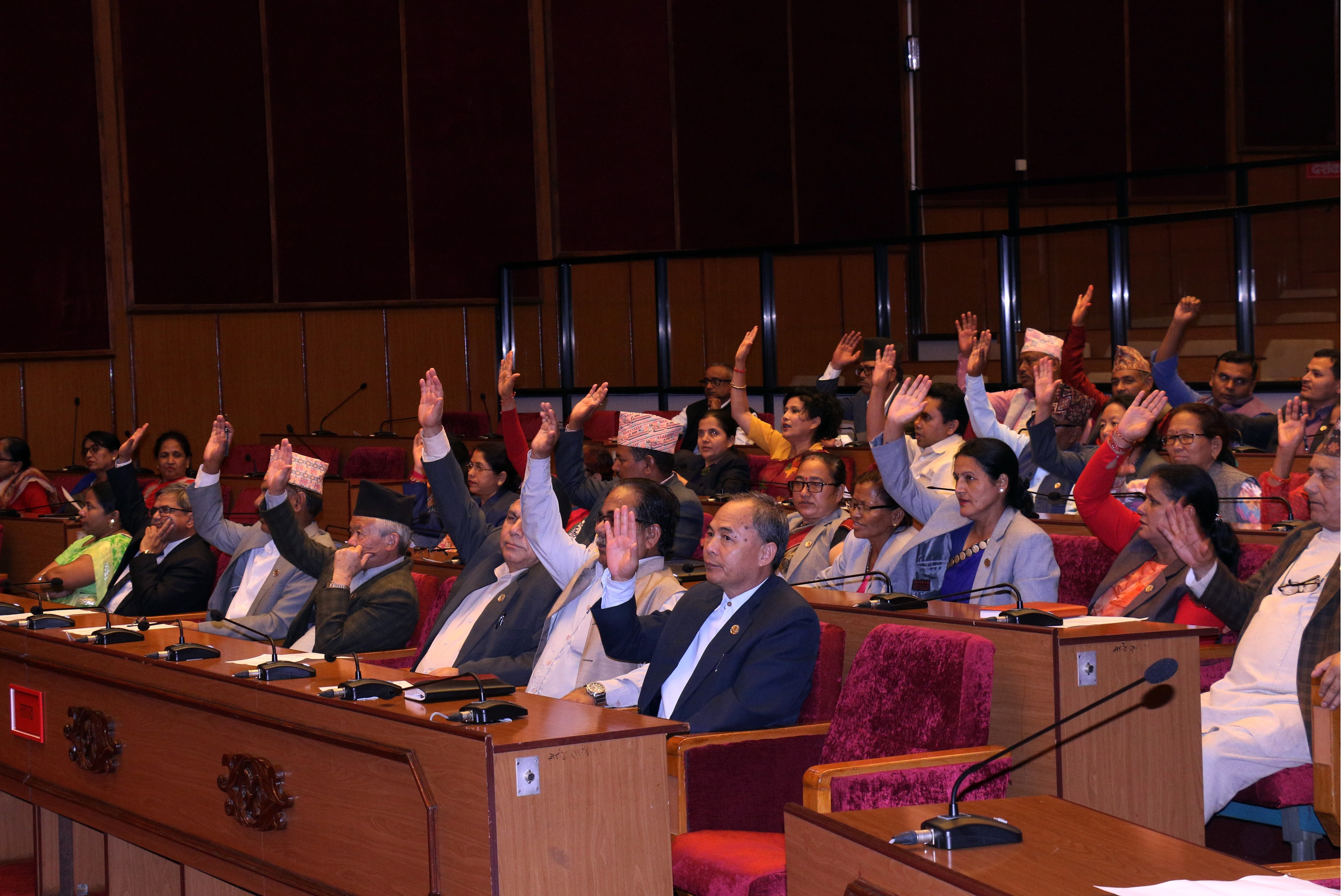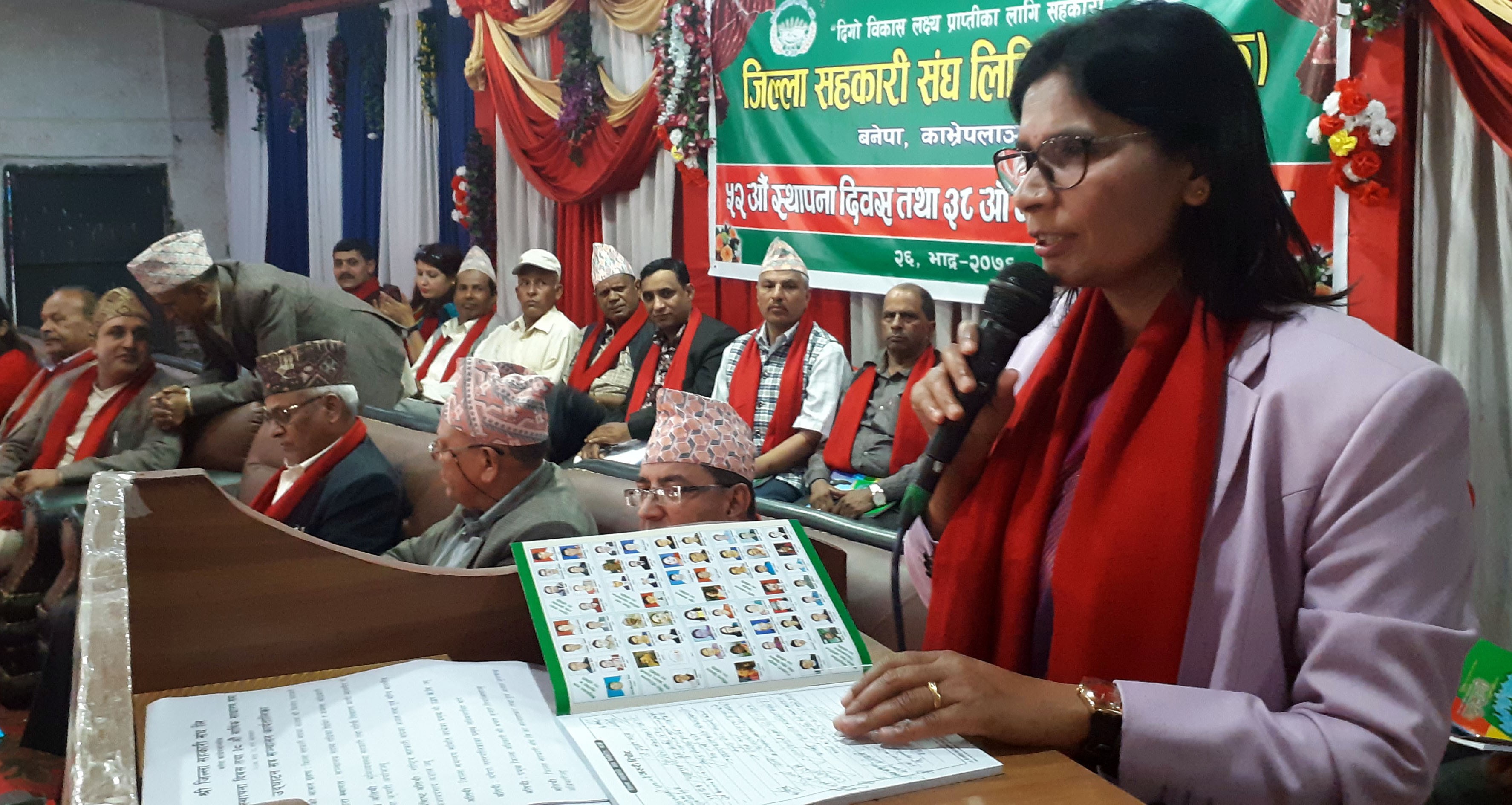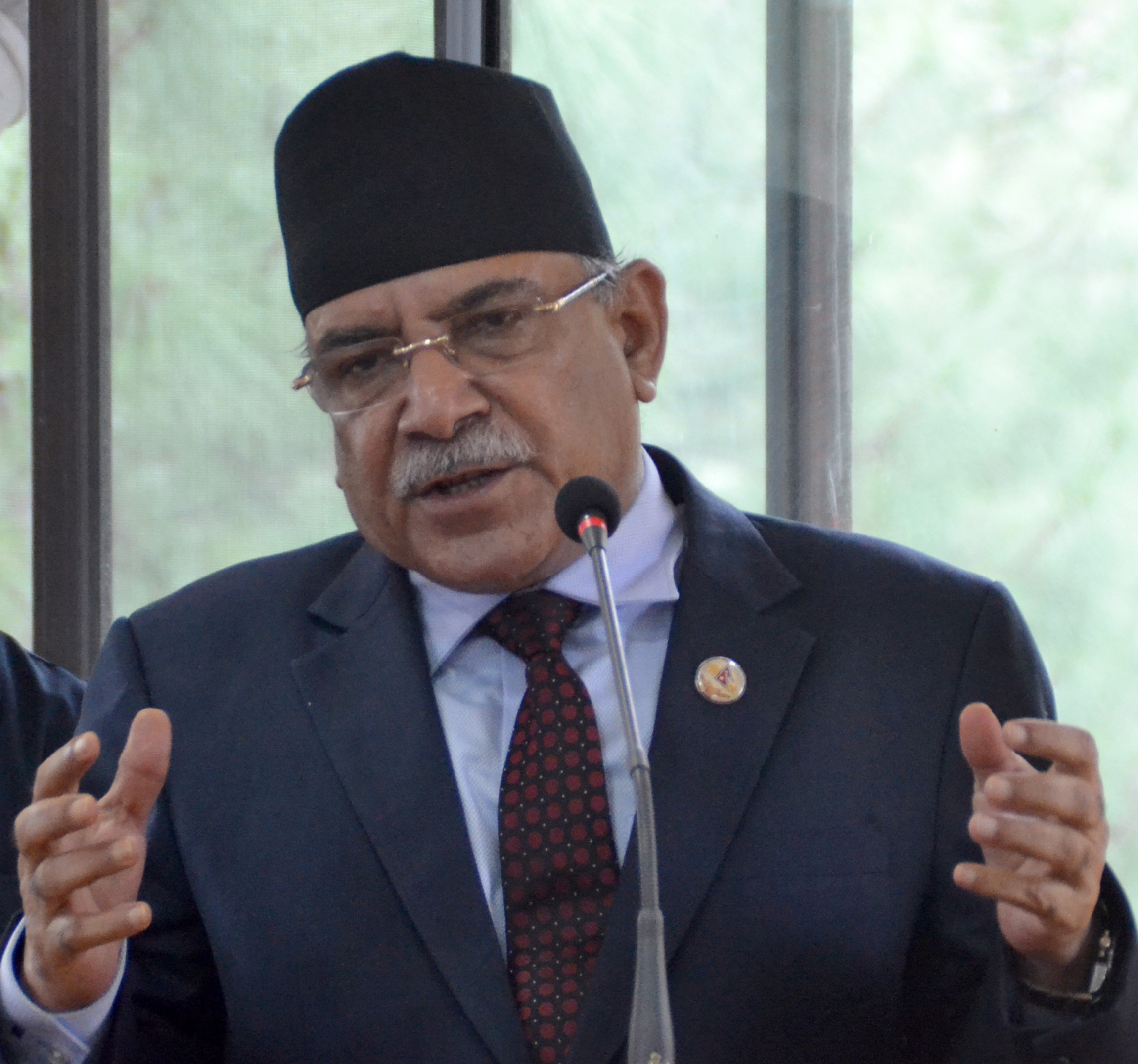Majhi community at Khaniyabas do not grow 'jamara' for Dashain
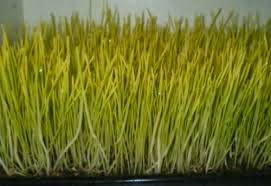
Baglung, Oct. 24: Khaniyabas, Sundarbasti of Baglung Municipality is filled with the Dashain festival fervor these days. This settlement on the bank of the Kaligandaki river is a Majhi community. The Majhi families, who were displaced in course of the construction of the Baglung-Pokhara roadway in 1992, were provided shelter two years back. The displaced families have new shelters at new place but their tradition associated with their original place still remains in practice.
This Majhi community has a strange custom during Dashain. As per this custom, the Majhi people do not grow the 'jamara' at their home.
The 'jamara' is the seedlings of barley and maize that the Hindu Nepalis grow at their homes which is taken as the 'prasada' of the goddess Durga Bhawani. The jamara is put behind the ears of males and stuck on the plaits of women on the last day of the 10-day Dashain festival called Bijaya Dashami. The family elders give the 'tika' and jamara to the younger ones along with their blessings. Jamara is considered auspicious blessings of the goddess. Tika and jamara are ubiquitous on the day of Dashain.
But the Majhi community here do not grow the jamara at their homes although they wear it behind their ears and on plaits. They use the jamara and akkshata (rice grains mixed in the paste of red vermillion powder) on the day of Bada Dashain but do not grow the jamara at home.
"It is said this is our tradition. We have not grown the jamara at our house ever since I became old enough to know and understand things.
There is the custom of asking for jamara from the other communities and using it," said 33-year-old Krishna Majhi of the Majhi Basti.
This tradition is followed by the Majhis living only at this settlement but not by Majhis in other settlements.
"Although my parents are Majhis, they grow the jamara. But I don't know why jamara is not grown by the Majhis here," said Phul Kumari Majhi.
According to her, the forefathers used to grow jamara but the tradition was discontinued after a misfortune hit the settlement. She said the Majhis of Khaniyabas and Maldhunga do not grow jamara during the Dashain although they, like the other communities, perform the rest of the rituals and enjoy the festivities associated with Dashain.
Som Bahadur Majhi, 67, said as far as he knows the Majhis at Khaniyabas and Maldhunga abandoned the tradition of growing jamara at home since the time of their great great grandparents. "There's a saying that the daughter of the family growing jamara dies in the year the jamara shoots are grown," he explained why the Majhis at these two settlements do not grow jamara.
Recent News

Do not make expressions casting dout on election: EC
14 Apr, 2022
CM Bhatta says may New Year 2079 BS inspire positive thinking
14 Apr, 2022
Three new cases, 44 recoveries in 24 hours
14 Apr, 2022
689 climbers of 84 teams so far acquire permits for climbing various peaks this spring season
14 Apr, 2022
How the rising cost of living crisis is impacting Nepal
14 Apr, 2022
US military confirms an interstellar meteor collided with Earth
14 Apr, 2022
Valneva Covid vaccine approved for use in UK
14 Apr, 2022
Chair Prachanda highlights need of unity among Maoist, Communist forces
14 Apr, 2022
Ranbir Kapoor and Alia Bhatt: Bollywood toasts star couple on wedding
14 Apr, 2022
President Bhandari confers decorations (Photo Feature)
14 Apr, 2022
